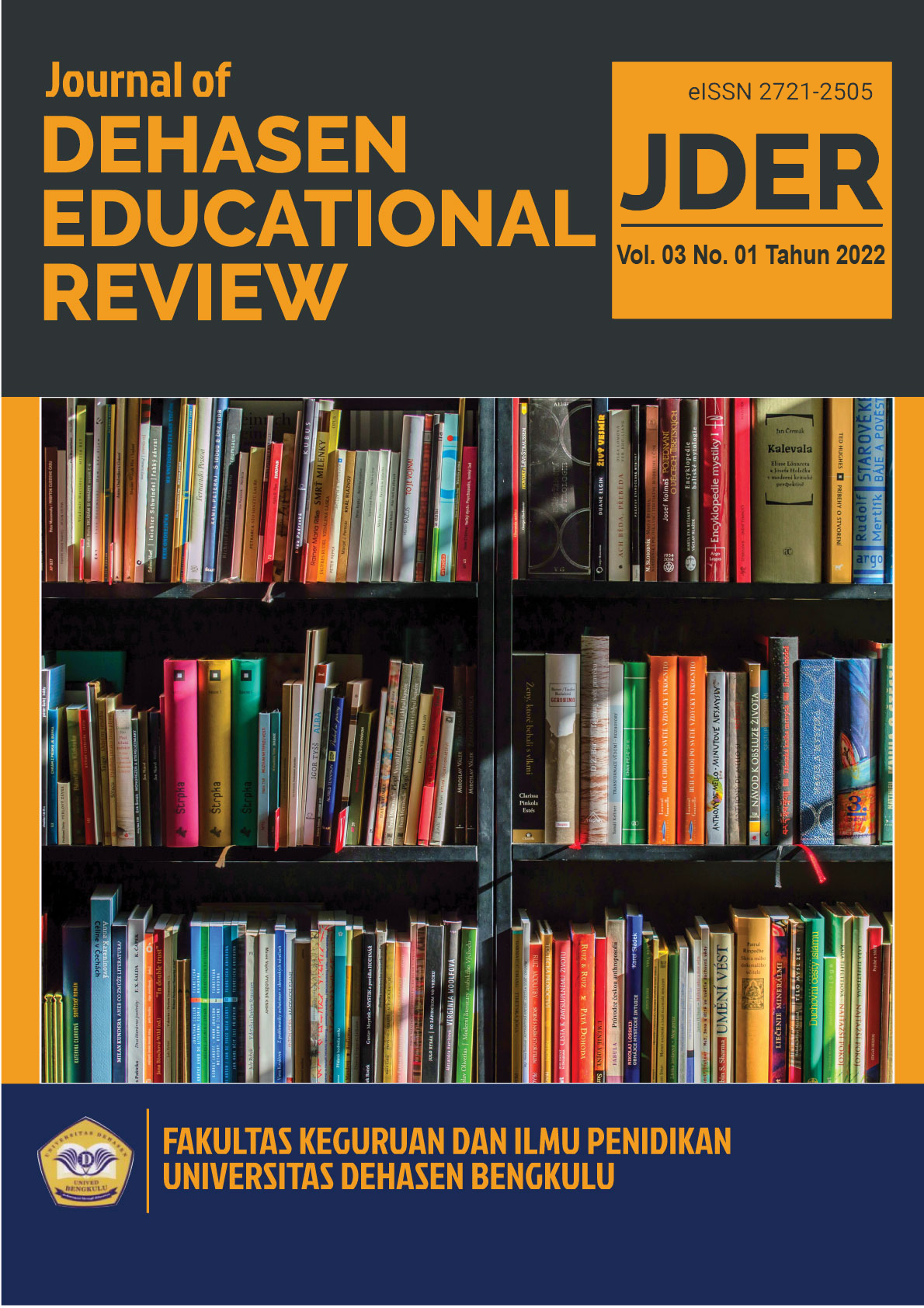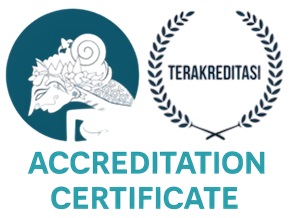Menggali Kemampuan Anak Melalui Progresif Learning
Abstract
This study aims to analyze the application of progressive learning to explore the abilities of 5-6-year-old children at Dharma Wanita Persatuan Kindergarten in Bengkulu Province. The research approach used was descriptive qualitative, with data collection techniques through observation, interviews, and documentation. The results indicate that the application of progressive learning can holistically improve children's cognitive, language, social-emotional, motor, and creative abilities. Children are actively involved in projects, explorations, discussions, and collaborative activities, enabling them to think critically and creatively, collaborate, express ideas, and develop gross and fine motor skills. The application of this method creates a participatory, contextual, and enjoyable learning environment, thus increasing children's motivation and active participation in the learning process. The research findings confirm that progressive learning plays a significant role in developing children's potential in a balanced and relevant way to meet the demands of 21st-century education.
Downloads
References
2. Amelia, R. (2021). Penerapan model pembelajaran progresif dalam meningkatkan kreativitas anak usia dini. Jurnal Obsesi: Jurnal Pendidikan Anak Usia Dini, 6(2), 955–964. https://doi.org/10.31004/obsesi.v6i2.1234
3. Fadilah, N., & Ananda, R. (2021). Strategi pembelajaran progresif untuk menumbuhkan kemandirian dan tanggung jawab anak usia dini. Jurnal Pendidikan Anak, 7(1), 12–23. https://doi.org/10.21831/jpa.v7i1.2123
4. Hadi, S., & Kurniawan, T. (2019). Pembelajaran progresif pada pendidikan anak usia dini: Perspektif teori dan praktik. Jurnal Pendidikan Anak Usia Dini, 4(2), 101–112. https://doi.org/10.21009/jpaud.2019.042
5. Morgan, A., & Siraj, I. (2019). The impact of progressive education on early childhood learning outcomes: A longitudinal study. Early Childhood Research Quarterly, 48, 82–94. https://doi.org/10.1016/j.ecresq.2019.02.005
6. Nurhayati, L. (2020). Pembelajaran berbasis proyek dengan pendekatan progresif untuk meningkatkan kolaborasi anak usia dini. Jurnal Pendidikan Anak Usia Dini, 5(1), 45–56. https://doi.org/10.21009/jpaud.2020.0501
7. Pramesti, D., & Rahman, A. (2022). Strategi progresif learning untuk mengembangkan kemampuan bahasa anak usia dini. Golden Age: Jurnal Ilmiah Tumbuh Kembang Anak Usia Dini, 7(1), 1–12. https://doi.org/10.14421/jga.2022.71
8. Rahman, A., Hidayati, N., & Putri, L. (2020). Penerapan project-based learning berbasis progresif untuk anak usia dini. Jurnal Pendidikan Anak Usia Dini, 5(2), 78–88. https://doi.org/10.21009/jpaud.2020.052
9. Santrock, J. W. (2019). Life-span development (17th ed.). New York: McGraw-Hill.
10. UNESCO. (2020). Education for sustainable development: A roadmap. Paris: UNESCO Publishing.
11. Yuliani, D. (2023). Pengaruh pembelajaran progresif berbasis outdoor activity terhadap kemampuan motorik anak usia dini. Jurnal Pendidikan Anak Usia Dini, 8(1), 33–45. https://doi.org/10.21009/jpaud.2023.081
Copyright (c) 2023 Syisva Nurwita, Mimpira Haryono, Ranny Fitria Imran

This work is licensed under a Creative Commons Attribution-ShareAlike 4.0 International License.

This work is licensed under a Creative Commons Attribution-ShareAlike 4.0 International License.









